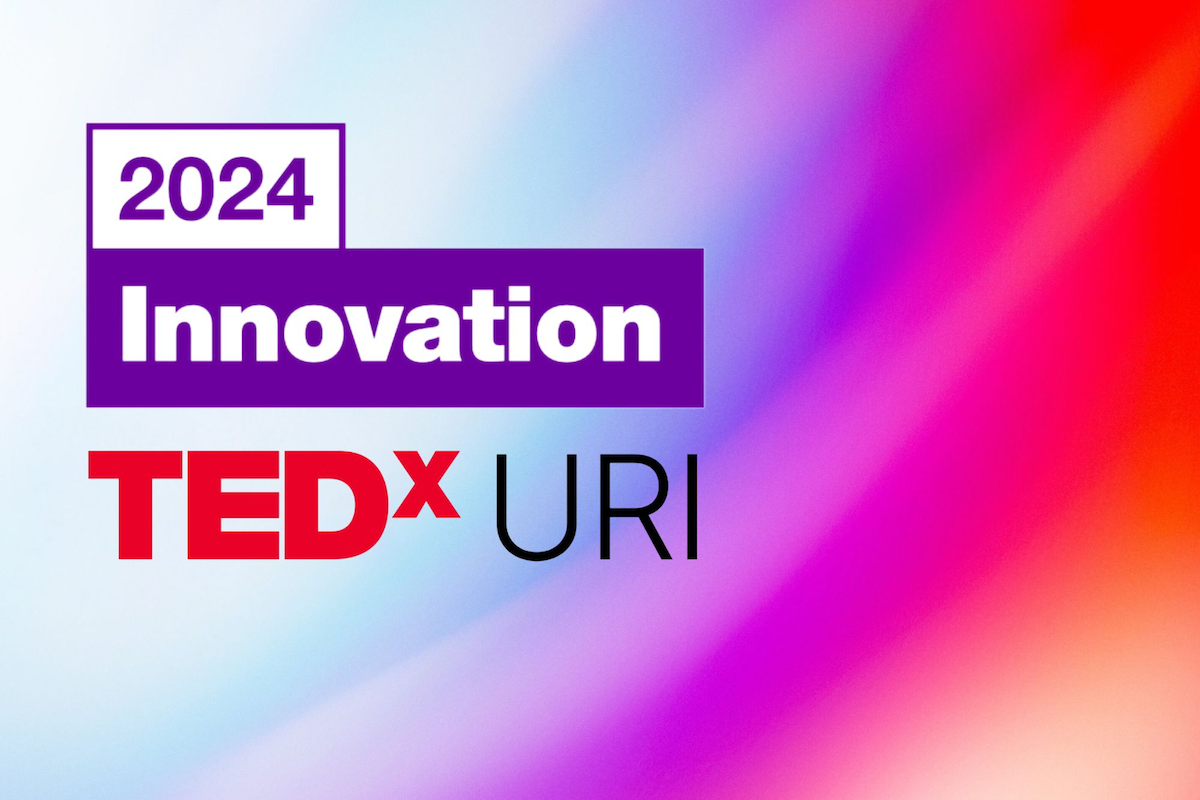KINGSTON, R.I. – March 28, 2024 – Innovation knows no borders. It’s as relevant to an artist or musician as it is to a scientist or business executive.
On Sunday, April 7, the University of Rhode Island will showcase 10 presenters who are using big ideas to promote innovation in a wide range of fields – from health care and inclusive music education, to energy and technology – with “TEDxURI 2024: Innovation.” The event starts at 2 p.m. in Edwards Hall, 64 Upper College Road, Kingston. For tickets, go to the event webpage.
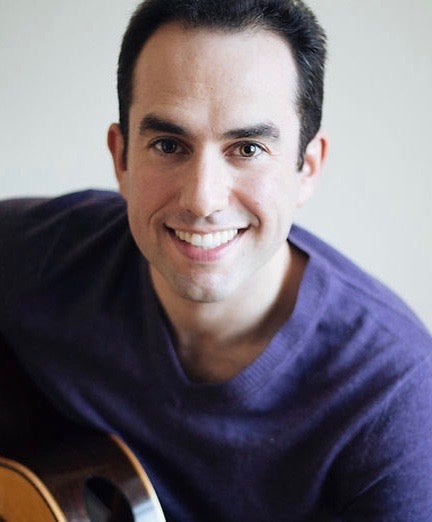
“Innovation,” says Adam Levin, a teacher of classical guitar at URI and founder and director of the popular URI Guitar Festival, “is the art of sculpting tomorrow’s possibilities from the raw clay of today’s limitations, daring to blend imagination with ingenuity to forge pathways where none existed before.”
While innovation is vital to Levin’s career as a performer who has reached the Billboard classical charts with several albums, it is also prominent in his work to spread a love of music.
For his TEDxURI presentation, Levin, who lives in Ashland, Massachusetts, will focus on his work with the Kithara Project, a non-profit he co-founded that is redefining access to classical guitar education. With programs in Boston, Mexico City, Albuquerque and Detroit, the initiative offers tuition-free group and individual classical guitar lessons, performance opportunities, guest artist residencies, field trips to live concerts, guitar building workshops, as well as cultural exchange activities to connect the guitar programs, he says.
“The organization is breaking down barriers and making classical guitar education more inclusive and accessible,” says Levin. “This innovative approach not only expands opportunities for aspiring musicians but it enriches cultural diversity and promotes social inclusion through the power of music.”
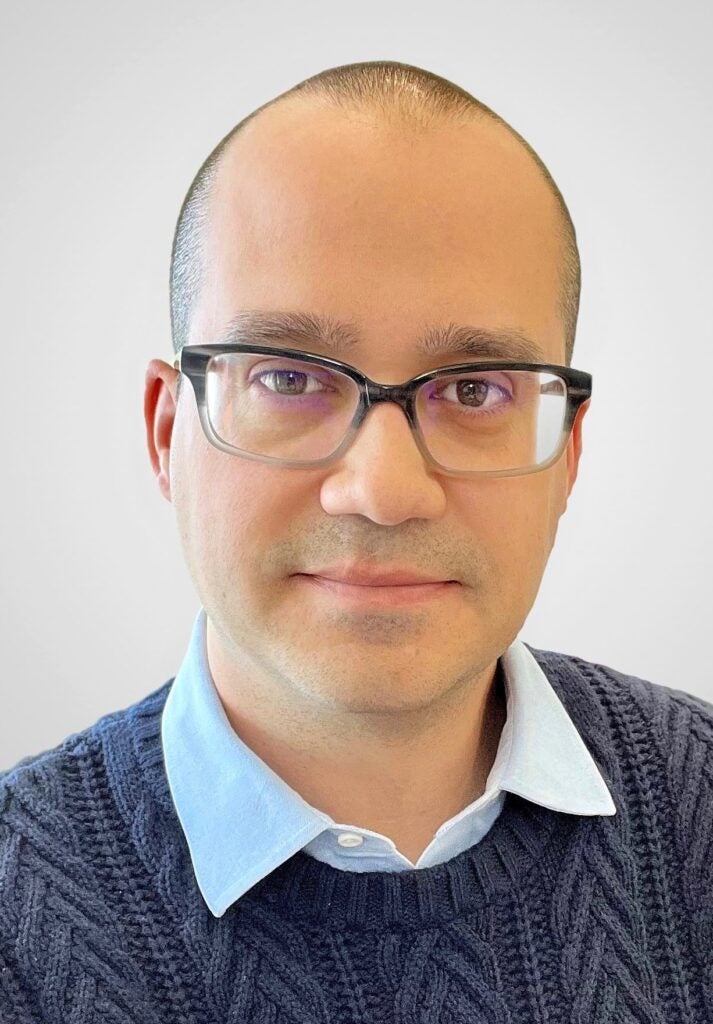
Meanwhile, Derek Dubois, a URI doctoral student in supply chain management from Cumberland, sees an urgency in harnessing innovation to foster sustainability in the face of climate change, along with using its ability to revolutionize the arts and social sciences. On Sunday, he will discuss how generative artificial intelligence can improve the ability to connect knowledge acquired through academics and research with practice.
“Innovation involves creativity and a willingness to challenge the status quo,” Dubois says. “It fits into my life in many ways. As a Ph.D. student in supply chain management, the domain is very concerned with innovative practices to improve operational effectiveness within commerce. As a father, writer and filmmaker, innovation contains so many dimensions around creativity and ensuring that a person doesn’t put walls around themselves or ideas. Openness to diversity and a support of imagination can lead to incredible things.”
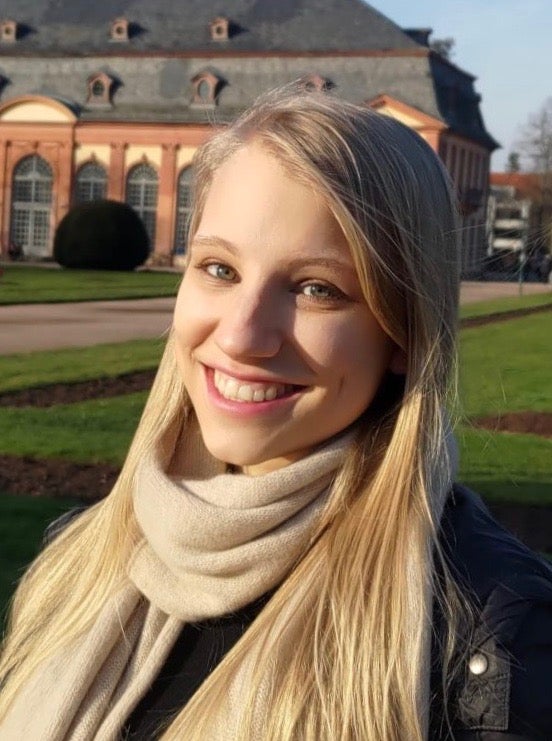
For Adelina Herbst, a URI graduate student from Kahl am Main, Germany, innovation resonates in wide and intimate ways. She says it can mean creating seminal ideas to improve a product, process or community—or to improve herself. “I try to innovate my everyday life every now and then by implementing a new approach into my behavior,” says Herbst, who is pursuing a master’s degree in mechanical engineering and finishing a Master of Science degree from URI and the Technical University Darmstadt in Germany. “In my opinion, creating new ways and perspectives and implementing them are crucial to staying curious and open-minded.”
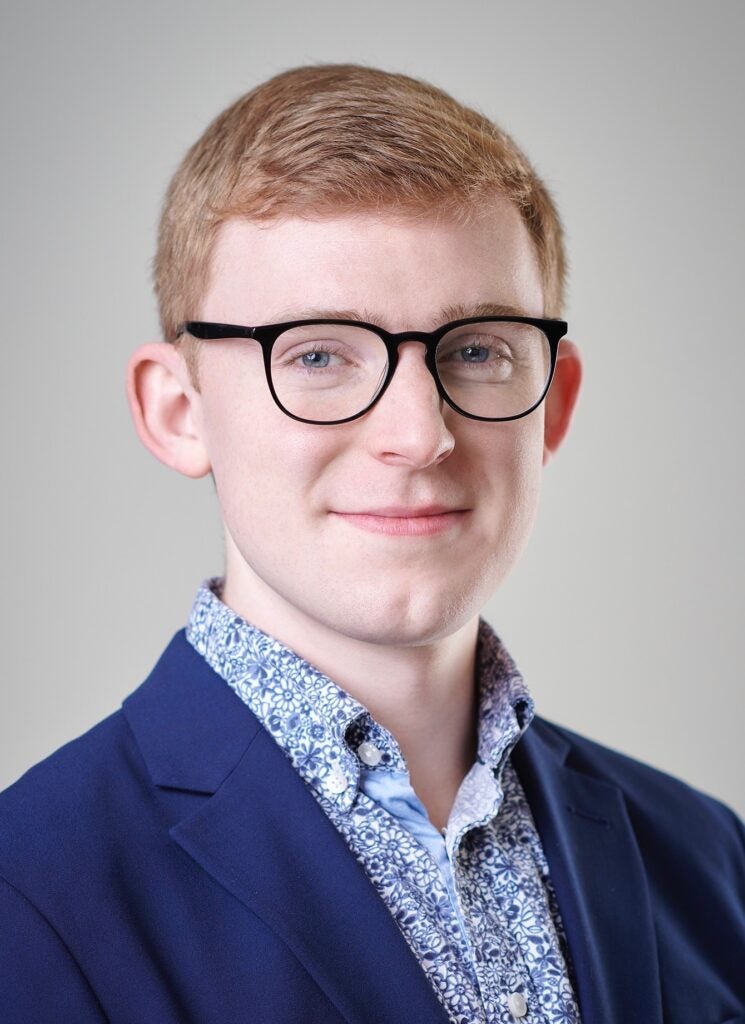
At TU Darmstadt, Herbst helped organize its TEDxTU event, inspiring her to audition for URI’s event. That’s also true of her fellow countryman, Nicolas Vad, who is also seeking a double master’s degree from URI and TU Darmstadt and helped organize TEDxTU.
On Sunday, Vad will discuss promoting hydrogen as a future energy storage solution. “It’s a story of enormous potential,” he says. “But as often is the case, this can also lead to overzealous and hasty commitments without taking all the facts into account. The innovation I present really is the future innovation enabled through our research.”
Additional TEDxURI presenters for Sunday’s event are:
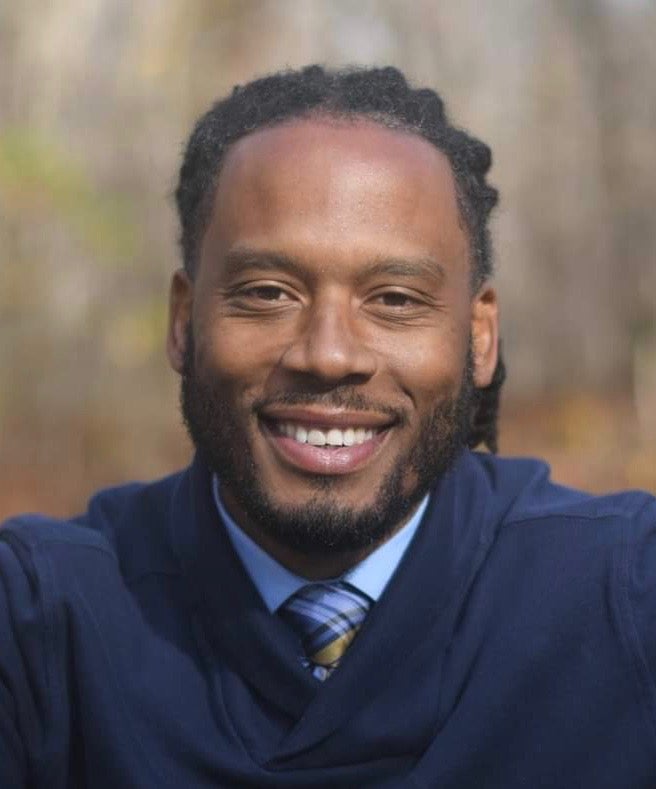
Jay Are Adams, a musician, actor, stand-up comic, and music teacher from Pawtucket, is the founder and president of What Fray Was Here?: Social Justice Shakespeare and the co-composer and playwright of the hip-hop adaptation of “Romeo and Juliet.”
Carlos Dominguez, of Barrington, senior director of innovation at DEPT Digital Products, was recognized by CNET in 2016 as one of the most influential Latinos in technology. With a belief that technology should serve a purpose beyond functionality, he is dedicated to pioneering an approach to innovation that prioritizes empathy, creativity and playfulness.
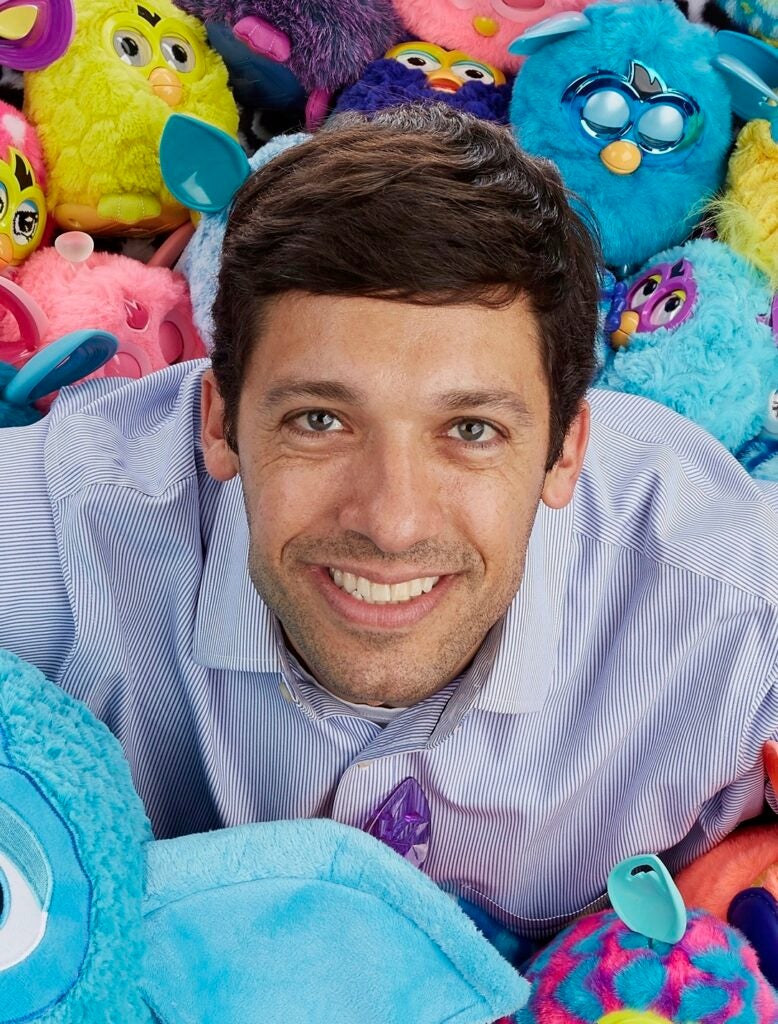
“In my talk, I will share how play makes life better,” he says. “Using the power of play in our daily experiences enables us to innovate, grow, and forge deeper connections, ultimately leading to a more fulfilling life.”
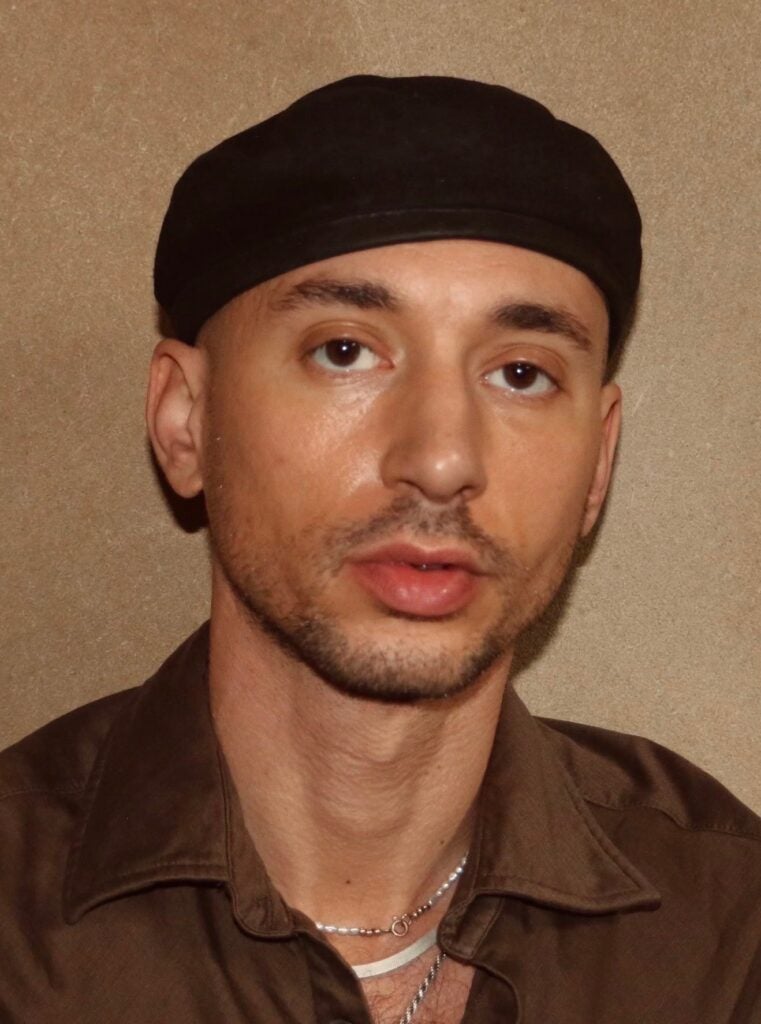
Timo Granzotti, an ecologist, speaker, designer and consultant with a focus on whole systems design and ethnoecology from Occidental, California, will discuss eco-resiliency. “As an innovation, eco-resilient design offers a new perspective on social and environmental health and adaptability,” he says. “It goes beyond sustainability. It provides an understanding of whole systems design and the interconnectedness of systems. It provides answers and solutions that can be integrated into our lives.”
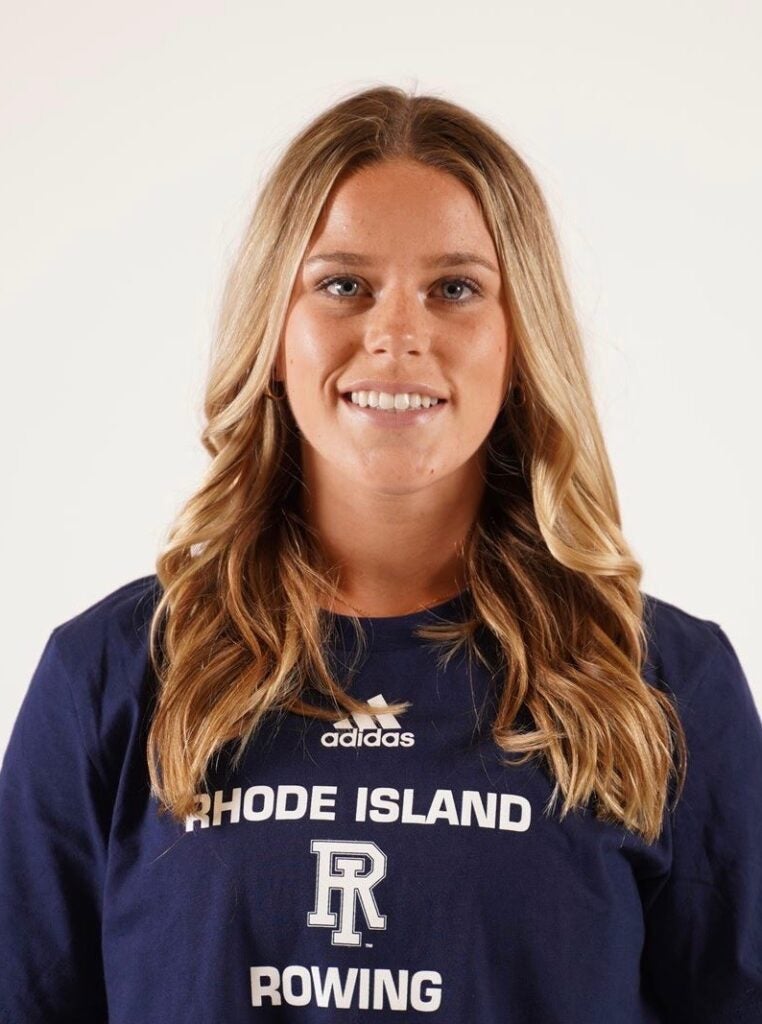
Nicole Jones, a URI senior double majoring in data science and business innovation and entrepreneurship from Concord, New Hampshire, will explore the journey from creative idea to innovative action. From starting a business when she was young through her major in business innovation at URI, she has always been passionate about innovation, she says.
“Innovation is important because it takes ideas out of our heads and puts them into the real world,” Jones says. “Innovating and putting an idea into action is like testing a hypothesis. You never know what will happen unless you test it out.”
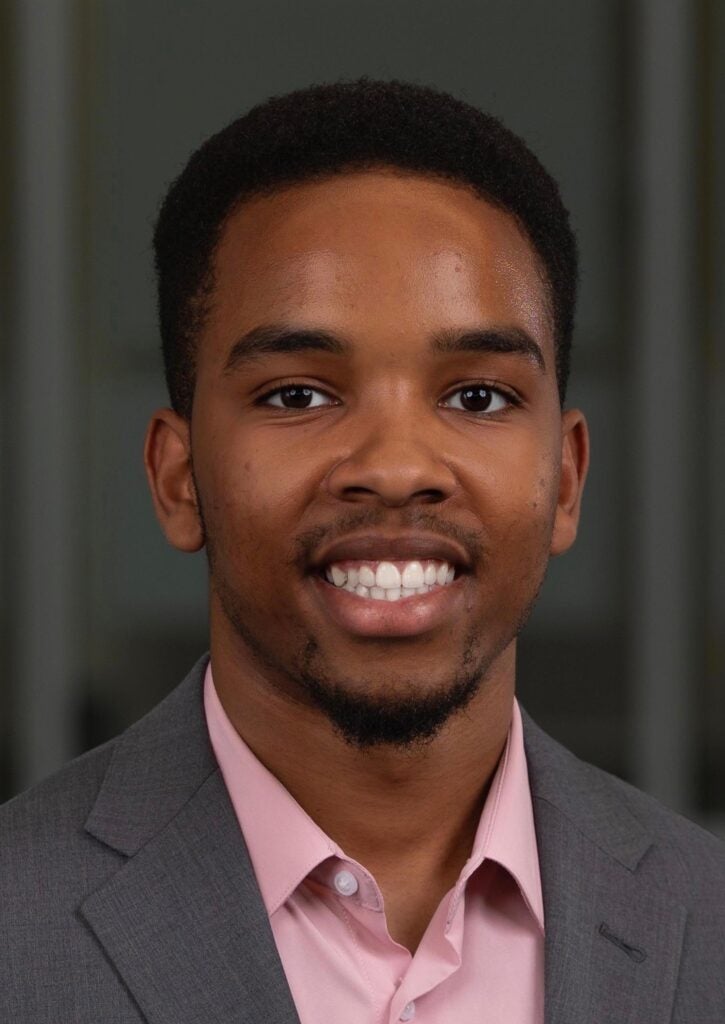
Willy Njeru, a URI doctor of pharmacy student from Houston, is an innovation and entrepreneurship intern with the URI Research Foundation, where he supports students with ideas to improve health outcomes and impact society. In his presentation, Njeru will use symbol of a bridge – similar to the one he crossed during a global health study aboard trip to Costa Rica – to show how people’s inner-conviction, resourcefulness and willingness to improve are foundations for innovation.
“In our lives, we all encounter obstacles hindering us from our potential,” says Njeru. “Innovation helps to overcome these constraints. It begins with an idea and a willingness to carry it forward.”
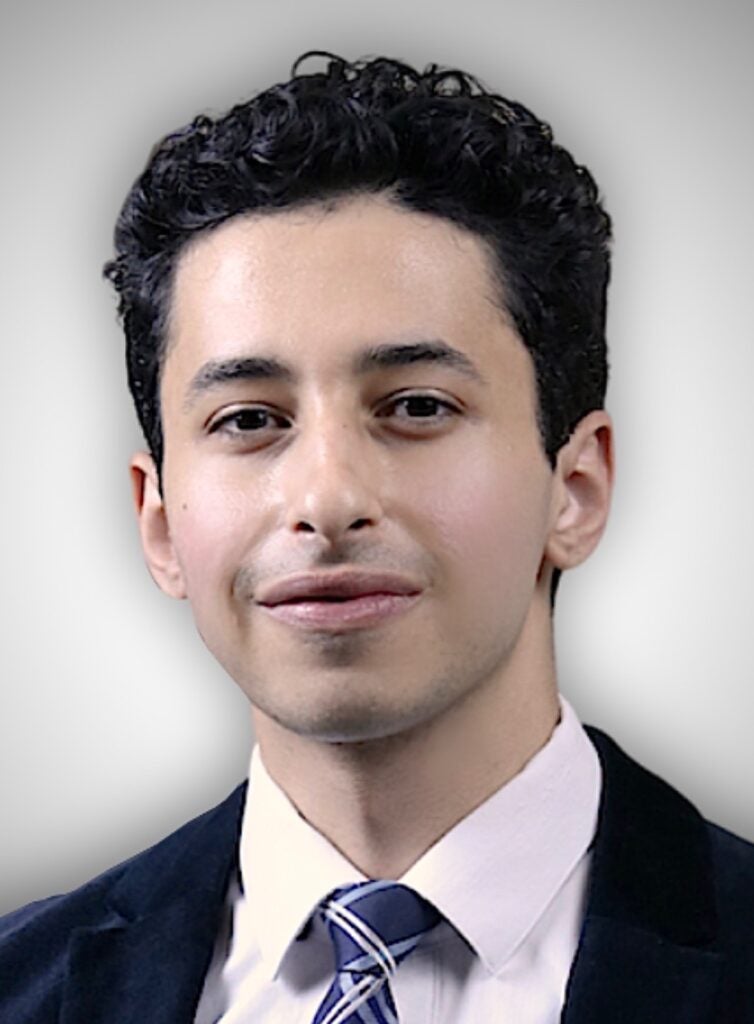
Ramez Rizk, an international student from Menia, Egypt, is pursuing a doctor of pharmacy degree and a master’s degree in health outcomes, along with serving as URI’s student body president. Rizk, who will speak on “Breaking the cycle: Innovating beyond ideas,” also takes part in groundbreaking research providing crucial clinical data for patients with rare diseases, while leading the develop of an innovative AI-driven health care application.
What is TEDx?
In the spirit of ideas worth spreading, TED has created a program called TEDx. TEDx is a program of local, self-organized events that bring people together to share a TED-like experience. Our event is called TEDxURI, where x = independently organized TED event. At our TEDxURI event, TED Talks video and live speakers will combine to spark deep discussion and connection in a small group. The TED Conference provides general guidance for the TEDx program, but individual TEDx events, including the University’s, are self-organized.

